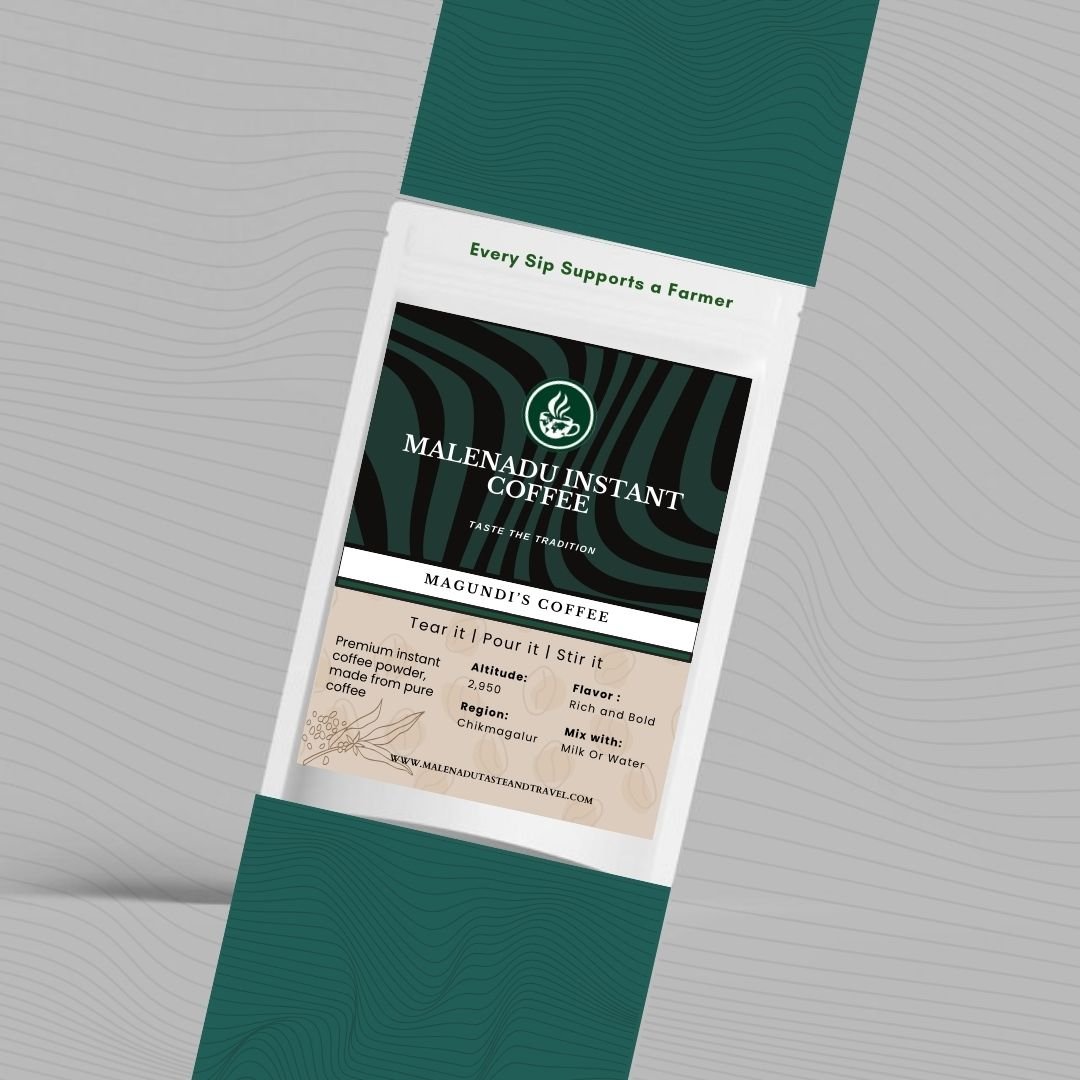Your cart is currently empty!

Introduction
The coffee industry is a vibrant and competitive sector, with millions of cups consumed daily around the globe. For entrepreneurs, starting a coffee company is an exciting venture filled with potential. This guide will walk you through the essential steps and considerations for running a successful coffee business.

Starting a Coffee Company
Market Research
Before diving into the coffee industry, it’s crucial to understand the market. Conduct thorough research to identify trends, customer preferences, and potential competitors. This will help you carve out a niche and develop a unique selling proposition (USP).

Business Plan
Any successful business starts with a strong business plan. Describe your target market, marketing plans, financial estimates, and business objectives. Include detailed plans for sourcing, production, and distribution.
Legal Requirements
Ensure you meet all legal requirements for starting a coffee business. This includes obtaining necessary licenses, registering your business, and complying with health and safety regulations.

Choosing Your Niche for Coffee Company
Specialty Coffee
Specialty coffee focuses on high-quality beans and exceptional brewing methods. It appeals to coffee aficionados who appreciate the finer details of coffee making. Explore our comprehensive Bulletproof Coffee Guide to see how specialized coffee can cater to niche markets.
Organic Coffee Company
Organic coffee is grown without synthetic fertilizers or pesticides, making it a popular choice for health-conscious consumers. Highlighting your commitment to organic practices can attract a loyal customer base.
Fair Trade Coffee
The certification of fair trade guarantees that farmers are paid fairly and have safe working conditions. This ethical approach can enhance your brand’s reputation and appeal to socially conscious consumers.

Coffee Brands and Their Unique Selling Points
Established Coffee Brands
Starbucks
Starbucks is a global coffee giant known for its high-quality products and inviting store ambiance. Their success lies in a strong brand identity, consistent quality, and strategic locations. Starbucks also embraces technological advancements, such as their mobile app for easy ordering and payment.
Blue Bottle Coffee
Blue Bottle Coffee has built its reputation on fresh, high-quality beans and a minimalist, modern aesthetic. They focus on small-batch roasting and offer unique blends that appeal to coffee enthusiasts. Their direct-to-consumer model and subscription service have also contributed to their success.
New Coffee Startups
Seven Beans Coffee
Seven Beans Coffee combines the expertise of Italian roasting techniques with Indian coffee beans. Their focus on quality and unique blends has made them a popular choice among coffee lovers. They also emphasize sustainability and fair trade practices.
The Coffee Co.
The Coffee Co. is renowned for both its dedication to sustainability and its inventive flavors. They source their beans directly from farmers, ensuring fair wages and ethical practices. Their emphasis on transparency and quality has helped them stand out in a crowded market.
The Role of Coffee Roasters
Importance of Roasting
An essential step in the process of making coffee is roasting. It transforms green coffee beans into the aromatic, flavorful coffee that consumers love. Understanding the roasting process can help you create a consistent and high-quality product.
Types of Roasters
There are various types of roasters, from small batch roasters to large commercial machines. Choose the one that best suits your production needs and aligns with your brand’s quality standards.
Small Batch Roasters
Small batch roasters are ideal for artisanal coffee companies that focus on quality and uniqueness. They allow for greater control over the roasting process, resulting in distinct flavor profiles. Companies like Blue Bottle Coffee utilize small batch roasters to maintain their high standards.
Commercial Roasters
Commercial roasters are suitable for larger operations that require high output. They are efficient and can handle significant volumes without compromising quality. Starbucks uses commercial roasters to meet their global demand while maintaining consistency.
Finding Reliable Coffee Suppliers
Domestic vs. International Suppliers
Decide whether to source your beans domestically or internationally. Each option has its pros and cons, such as cost, quality, and availability.
Domestic Suppliers
Domestic suppliers can offer fresher beans and faster shipping times. They also provide opportunities for closer relationships and easier communication. However, they may have limited variety compared to international sources.
International Suppliers
International suppliers, especially from renowned coffee-growing regions like Ethiopia, Colombia, and Brazil, offer a wider range of flavors and varieties. However, logistics can be more complex, and there may be higher costs associated with shipping and import duties.
Evaluating Supplier Quality
Ensure your suppliers meet your standards for quality and reliability. Visit farms if possible, and ask for samples to evaluate the beans before committing to a supplier.
Setting Up a Coffee Shop Business
Location and Design
The location of your coffee shop is crucial to its success. Choose a spot with high foot traffic and design a welcoming space that reflects your brand’s identity.
Equipment and Supplies
Invest in high-quality equipment, such as espresso machines, grinders, and brewing tools. Reliable equipment is essential for maintaining product consistency and customer satisfaction.
Hiring Staff
Hire passionate and knowledgeable staff who can deliver excellent customer service and share your love for coffee.
Sustainable Coffee Practices
Eco-Friendly Farming
Promote eco-friendly farming methods that minimize environmental impact. This can include shade-grown coffee, water conservation, and biodiversity protection.
Sustainable Packaging
Use recyclable or biodegradable packaging materials to reduce waste and appeal to environmentally conscious consumers.
Coffee Blends and Flavor Profiles
Creating Unique Blends
Try out various bean combinations to make distinctive blends. This can set your brand apart and offer customers something they can’t find elsewhere.
Understanding Flavor Profiles
Educate yourself on the various flavor profiles of coffee, from fruity and floral to nutty and chocolatey. This knowledge can help you create blends that cater to diverse tastes.
Quality Control in Coffee Production
Importance of Quality Control
Maintaining consistent quality is vital for customer satisfaction. Enforce stringent quality control procedures throughout the manufacturing process.
Techniques for Maintaining Quality
Use techniques such as regular cupping sessions, precise roasting profiles, and rigorous testing to ensure your coffee meets high standards.
The Wholesale Coffee Business
Benefits of Selling Wholesale
Selling coffee wholesale can significantly increase your revenue. Target hotels, restaurants, and other businesses that require large quantities of coffee.
Finding Wholesale Clients
Network with potential clients and offer samples to showcase the quality of your coffee. Building strong relationships can lead to long-term partnerships.
Marketing Your Coffee Company
Branding and Positioning
Develop a strong brand identity that resonates with your target audience. Use consistent branding across all marketing channels to build recognition and trust.
Digital Marketing Strategies
Utilize digital marketing strategies such as SEO, social media marketing, and email campaigns to reach a wider audience. Learn more about effective digital marketing from our Gourmet Coffee Guide.
Fair Trade Coffee and Its Impact
Benefits of Fair Trade
Fair Trade practices ensure that farmers are paid fairly and work in humane conditions. This not only supports ethical practices but also attracts consumers who value social responsibility.
Popular Fair Trade Brands
Brands like Equal Exchange and Larry’s Coffee are known for their commitment to Fair Trade. Highlighting similar values in your brand can enhance your appeal.
Equal Exchange
Equal Exchange is a pioneer in the Fair Trade movement, offering a wide range of coffee products sourced directly from small-scale farmers. Their commitment to ethical practices and high-quality beans has earned them a loyal customer base.
Larry’s Coffee
Larry’s Coffee emphasizes sustainable practices and direct trade relationships with farmers. Their unique blends and eco-friendly approach make them a standout in the Fair Trade market.
Gourmet Coffee: A Journey into the Finest Brews
What Makes Coffee Gourmet
Gourmet coffee is characterized by its superior quality, unique flavors, and meticulous production methods. It caters to discerning customers who appreciate the artistry of coffee making.
Popular Gourmet Coffee Brands
Explore brands like Stumptown Coffee Roasters and Counter Culture Coffee to understand what sets gourmet coffee apart. Discover more about gourmet coffee in our Ultimate Guide.
Stumptown Coffee Roasters
Stumptown Coffee Roasters is renowned for its dedication to quality and innovation. They source beans directly from farmers and use meticulous roasting techniques to create exceptional flavors.
Counter Culture Coffee
Counter Culture Coffee is committed to sustainability and education. They offer a range of high-quality, ethically sourced beans and provide training and resources to improve coffee quality at every stage of production.
Conclusion
Running a successful coffee company involves careful planning, a commitment to quality, and a passion for coffee. By understanding your market, choosing the right niche, and implementing effective marketing strategies, you can build a brand that stands out in the competitive coffee industry. Embrace sustainability, prioritize quality control, and continually innovate to meet the evolving tastes of coffee lovers. Learn more.




Leave a Reply